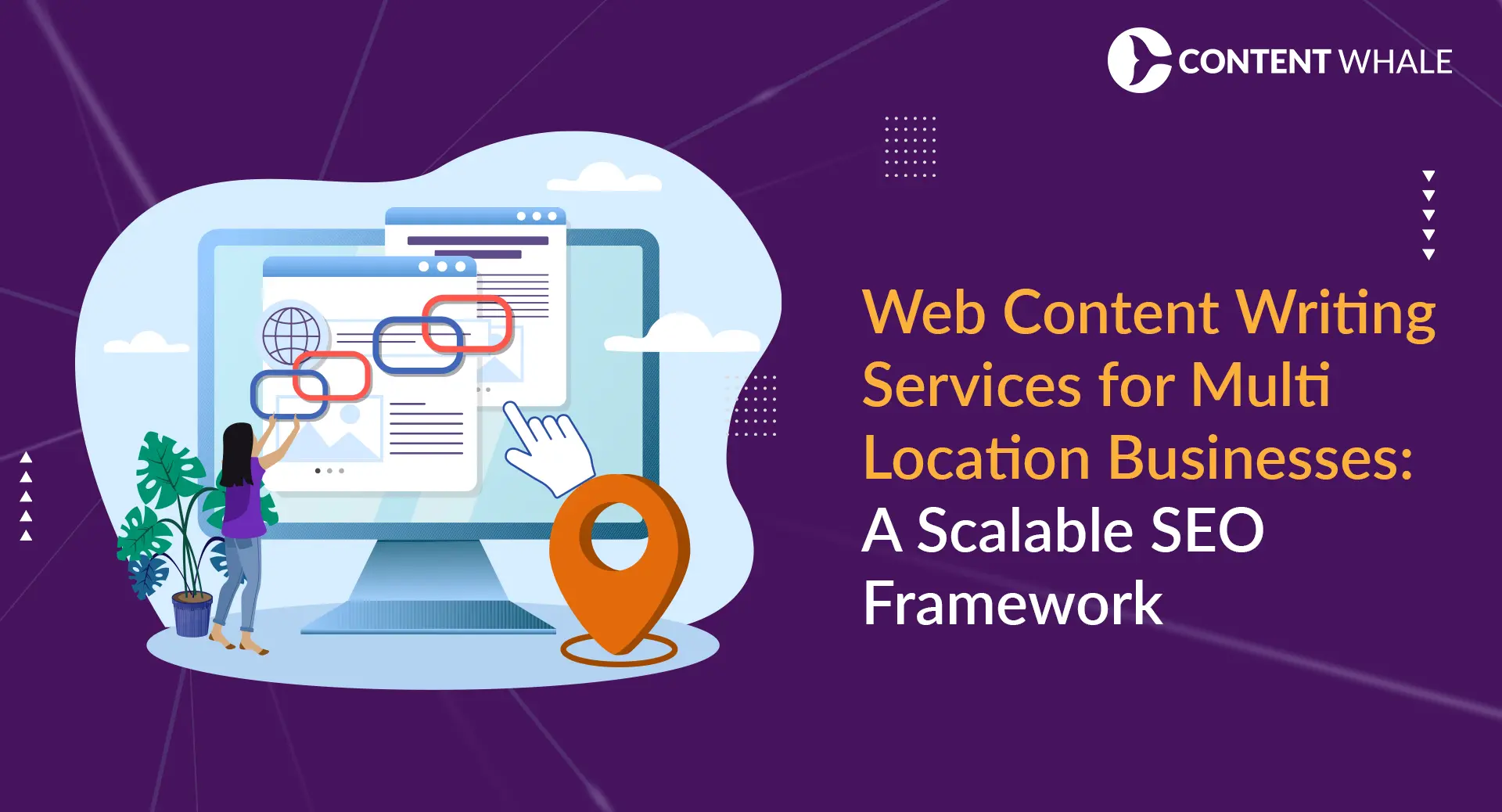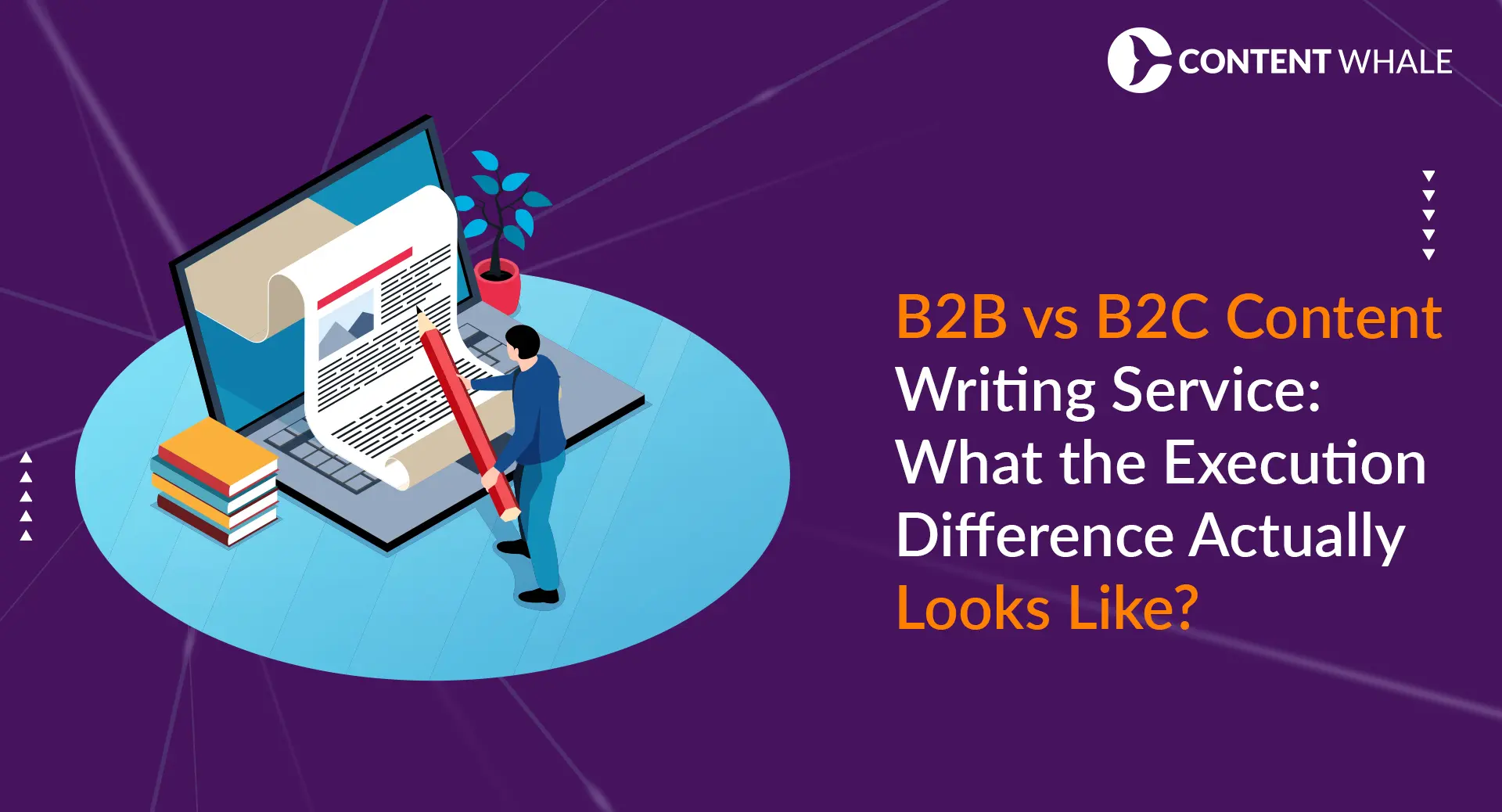OpenAI CEO Sam Altman announced in October that ChatGPT will allow adult content, including erotica, for verified users starting December 2025. The ChatGPT update represents a significant policy shift for the platform, which previously maintained restrictive content guidelines across all user categories.
The company frames this decision under its “treat adult users like adults” principle. The announcement follows similar moves by competitors like xAI’s Grok, which recently introduced sexually explicit chatbots, intensifying market competition for premium subscribers. Research indicates that content restriction policies directly affect user engagement and platform abandonment rates across digital services.
This analysis examines the business rationale behind OpenAI’s policy shift, the technical challenges of AI age verification at scale, and the ethical implications of monetizing adult AI content.
The Business Case for Adult Content Access

Revenue Pressure and Market Competition
OpenAI faces mounting pressure to monetize ChatGPT effectively. The company operates with growing revenue but no profitability, making subscriber acquisition critical for long-term viability. This ChatGPT update directly targets premium subscription conversion.
Key market factors driving this decision include:
- Competitive pressure: xAI’s Grok introduced sexually explicit chatbots earlier in 2025, potentially capturing market share among users seeking fewer content limitations.
- Revenue diversification: Adult-oriented features can increase lifetime customer value by 40-60% across digital platforms.
- User retention: Research from the Technology Policy Institute found that 34% of AI platform users cite content restrictions as a primary reason for switching services.
The SaaS AI market demonstrates clear patterns around premium feature adoption. Platforms offering personalized, unrestricted experiences see higher conversion rates from free to paid tiers. Altman explicitly rejected “usage maxxing” motivations, positioning the ChatGPT update as respecting user autonomy rather than manipulating engagement metrics.
User Retention and Engagement Metrics
Restrictive content policies measurably impact user retention across digital platforms. Harvard Business School research on platform governance found that users perceive overly cautious content moderation as paternalistic, leading to 28% higher abandonment rates compared to platforms with tiered access systems.
Altman acknowledged that previous mental health safeguards made ChatGPT “less useful/enjoyable to many users who had no mental health problems.” The company claims to have developed new tools that mitigate serious risks while allowing greater freedom for verified adults.
Behavioral data from social media platforms provides relevant comparisons. Reddit’s content policy adjustments in 2019 correlated with increased daily active users and longer session times. The ChatGPT update attempts to balance these considerations through age-gating rather than blanket restrictions (Source).
Technical Implementation of Age-Gating Systems

Verification Methods and Accuracy Rates
Digital age verification technologies include government ID scanning, credit card verification, and biometric authentication. Each method presents distinct accuracy and privacy trade-offs. The ChatGPT update will implement age-gating starting December 2025, though OpenAI has not specified exact verification methods.
Research from the Journal of Cybersecurity and Privacy Analysis found that commercial age verification systems achieve 92-97% accuracy for government ID verification, but only 73-81% accuracy for credit card-based methods. False positives occur in 3-5% of cases, while false negatives occur in 2-8% depending on the system.
Third-party verification providers like Yoti, Jumio, and Onfido offer API-based solutions that many platforms use. The phased implementation strategy for the ChatGPT update likely reflects these technical complexities (Source).
Known Vulnerabilities and Bypass Methods
TechCrunch reported in April 2025 that ChatGPT allowed accounts registered as minors to generate graphic erotica. OpenAI stated it was implementing fixes, but the incident reveals inherent challenges in content filtering systems.
Security research from Carnegie Mellon University’s CyLab documents common age verification circumvention methods:
- VPN usage to access jurisdictions without verification requirements.
- False document submission and stolen identity credentials.
- Account sharing between verified adults and minors.
Age verification systems face a fundamental tension between security and user experience. Stricter verification reduces bypass potential but increases legitimate user friction. The ChatGPT December 2025 rollout will test whether OpenAI can implement effective age-gating without significantly harming user acquisition.
Legal Landscape and Regulatory Gaps

Current US Federal and State Frameworks
The US Federal Trade Commission launched an inquiry into AI chatbot interactions with children, examining safety practices across major platforms. Bipartisan Senate legislation introduced in September 2025 would allow chatbot users to file liability claims against developers, though passage remains uncertain.
California Governor Gavin Newsom vetoed AB 1831 in October 2025, which would have blocked AI chatbot companion access for minors unless companies guaranteed the software wouldn’t breed harmful behavior. Newsom argued that “adolescents must learn how to safely interact with AI systems.”
Written erotica currently exists in a regulatory gray area. Research from Georgetown Law’s Institute for Technology Law & Policy found that only 7 of 50 US states have legislation explicitly addressing text-based adult content age verification. This legal ambiguity gives OpenAI operational flexibility with the ChatGPT update.
International Regulatory Comparison
The UK Online Safety Act exempts written erotica from age verification requirements, while mandating proof of age for AI-generated pornographic images. This distinction creates operational complexity for platforms like ChatGPT that generate both text and images.
The EU AI Act classifies systems posing risks to minors as high-risk AI, requiring extensive documentation, risk assessments, and monitoring. OpenAI’s age-gating approach for the ChatGPT update may satisfy these requirements, but enforcement mechanisms remain under development.
Research from Oxford’s Internet Institute comparing international AI governance found significant variance in age verification enforcement. Countries with mature digital identity infrastructure achieve 95%+ compliance, while those without see compliance rates below 60%. OpenAI must navigate this fragmented regulatory environment through region-specific implementations.
Ethical Considerations Beyond Legal Compliance
Mental Health Impact and Duty of Care
Academic research raises concerns about AI companion relationships and mental health outcomes. The Centre for Democracy and Technology published survey findings in October 2025 showing that 20% of students report they or someone they know has had a romantic relationship with AI.
Research published in JMIR Mental Health found correlations between intensive AI companion usage and increased loneliness, social anxiety, and difficulty maintaining human relationships among adolescent users. The study tracked 2,400 users over 18 months, documenting measurable declines in real-world social engagement.
The ChatGPT update reflects OpenAI’s attempt to balance adult user autonomy against vulnerability protection. Altman acknowledged previous policies made the platform “less useful” for users without mental health concerns. The company now claims sufficient tools exist to allow greater content freedom while maintaining safety guardrails (Source).
Parasocial Relationship Risks
AI-generated erotica differs fundamentally from human-created content. Users interact with systems designed to respond to their preferences, potentially creating illusions of reciprocal relationships. Psychology research from Stanford’s Human-Computer Interaction Group documents how users attribute human-like qualities, emotions, and agency to AI systems despite understanding their artificial nature.
Attachment patterns to AI companions mirror certain aspects of human relationship formation. However, the power dynamics differ substantially. AI systems lack autonomy, vulnerability, and genuine emotional stakes in interactions. Legal experts argue that major technology companies are “using people like guinea pigs” when deploying features without extensive research on long-term psychological impacts.
Long-term sociological research on normalized AI intimacy remains limited. Current evidence suggests potential risks, but definitive conclusions require multi-year longitudinal studies.
Competitor Strategies and Market Positioning

xAI’s Grok and Explicit Content Strategy
xAI introduced sexually explicit chatbots to Grok earlier in 2025, adopting a more permissive content policy than OpenAI’s previous approach. This competitive move likely influenced the ChatGPT update timeline and scope.
xAI’s approach to content moderation emphasizes minimal restrictions, aligning with Elon Musk’s stated philosophy around free expression. This contrasts with OpenAI’s more measured rollout of adult features through age verification systems. The ChatGPT December 2025 implementation suggests OpenAI prioritizes appearing more responsible to regulators and enterprise clients.
Anthropic and Google’s Conservative Positioning
Anthropic’s Claude and Google’s Bard maintain stricter content policies regarding adult material. Both companies position themselves as safety-first AI providers, appealing particularly to enterprise customers with risk-averse compliance requirements.
Research from Gartner’s AI Vendor Selection Survey 2025 found that 67% of enterprise IT decision-makers consider content moderation policies “very important” when selecting AI vendors. The divergent strategies create market segmentation. Consumer-focused platforms like ChatGPT and Grok compete partly on content freedom, while enterprise-focused providers emphasize safety and compliance.
Risk Assessment for Enterprise Adoption

Brand Safety Concerns for Corporate Clients
Corporate clients face reputational risks when deploying AI tools with adult content features. IT departments must now consider content filtering policies for organizational ChatGPT deployments. Enterprise agreements typically require granular controls over feature access.
Research from Forrester’s 2025 Enterprise AI Adoption Report found that 73% of organizations cite “inappropriate content generation” as a top-three concern when evaluating generative AI platforms. The ChatGPT update may complicate sales processes with risk-averse enterprise buyers.
Liability Exposure for Platform Users
Workplace harassment claims could emerge if employees access adult AI content through company-provided accounts. Employers face potential liability when workplace environments become hostile due to inappropriate technology usage.
Educational institutions present similar concerns. Schools and universities deploying ChatGPT for student use must now navigate age verification and content access policies. Legal analysis from the Berkeley Center for Law & Technology suggests employers and institutions should implement clear acceptable use policies specifically addressing AI-generated adult content.
Conclusion
The ChatGPT update scheduled for December 2025 represents a calculated business decision with complex implications. OpenAI balances revenue growth needs against safety obligations, attempting to serve adult users seeking fewer restrictions while protecting vulnerable populations through AI age verification.
Three core tensions remain unresolved: user autonomy versus vulnerable population protection, innovation speed versus regulatory readiness, and market competition versus corporate responsibility. The AI industry faces fragmented regulatory responses that will force platform-specific approaches. This policy shift serves as a defining test of AI industry self-governance credibility and will influence regulatory approaches for years.
FAQs
Q1: When does the ChatGPT update with adult content features launch?
OpenAI plans to roll out adult content features, including erotica for verified users, in December 2025. The implementation will be phased, with age-gating systems deployed gradually across different regions and user segments throughout the month.
Q2: How will ChatGPT verify user age for adult content access?
OpenAI has not specified exact verification methods, but industry standards include government ID scanning, credit card verification, and biometric authentication. The system will likely use third-party verification providers to confirm users are 18 or older before enabling adult content features.
Q3: Will the ChatGPT update affect enterprise and educational accounts?
Enterprise and educational organizations will likely receive administrative controls to disable adult content features across all users in their accounts. IT administrators should review organizational policies and update acceptable use guidelines before the December 2025 rollout to address potential liability concerns.
Q4: What adult content will ChatGPT allow after the update?
ChatGPT will permit written erotica and potentially other adult-oriented content for verified adult users. The exact scope remains undefined, but OpenAI has indicated a shift toward treating adult users with fewer content restrictions compared to previous policies that applied uniform limitations across all users.
Q5: Can minors bypass ChatGPT’s age verification systems?
Security research shows that all age verification systems have vulnerabilities, including VPN usage, false documents, and account sharing. OpenAI’s system will likely achieve 92-97% accuracy based on industry standards, but some minors may circumvent safeguards despite verification measures implemented.
Q6: Is the ChatGPT adult content update legal in all countries?
Legal frameworks vary significantly by jurisdiction. Written erotica faces fewer restrictions than visual pornography in most countries. OpenAI will likely implement region-specific controls, with stricter verification in jurisdictions like the EU that classify systems affecting minors as high-risk AI requiring additional safeguards.
Q7: Why is OpenAI adding adult content to ChatGPT?
OpenAI cites a “treat adult users like adults” principle, arguing that previous restrictive policies limited usefulness for users without mental health concerns. The business context includes revenue pressure, market competition from less restrictive platforms like xAI’s Grok, and user retention considerations.
Q8: What are the mental health concerns with AI companion relationships?
Research indicates correlations between intensive AI companion usage and increased loneliness, social anxiety, and difficulty maintaining human relationships, particularly among adolescents. Twenty percent of students report AI romantic relationships, raising concerns about parasocial attachments and long-term psychological impacts that require further study.





